Battle of Britain: will Rishi Sunak block Scotland’s gender recognition law?
Prime minister reportedly set to use constitutional ‘nuclear option’ in showdown with Holyrood over the legislation
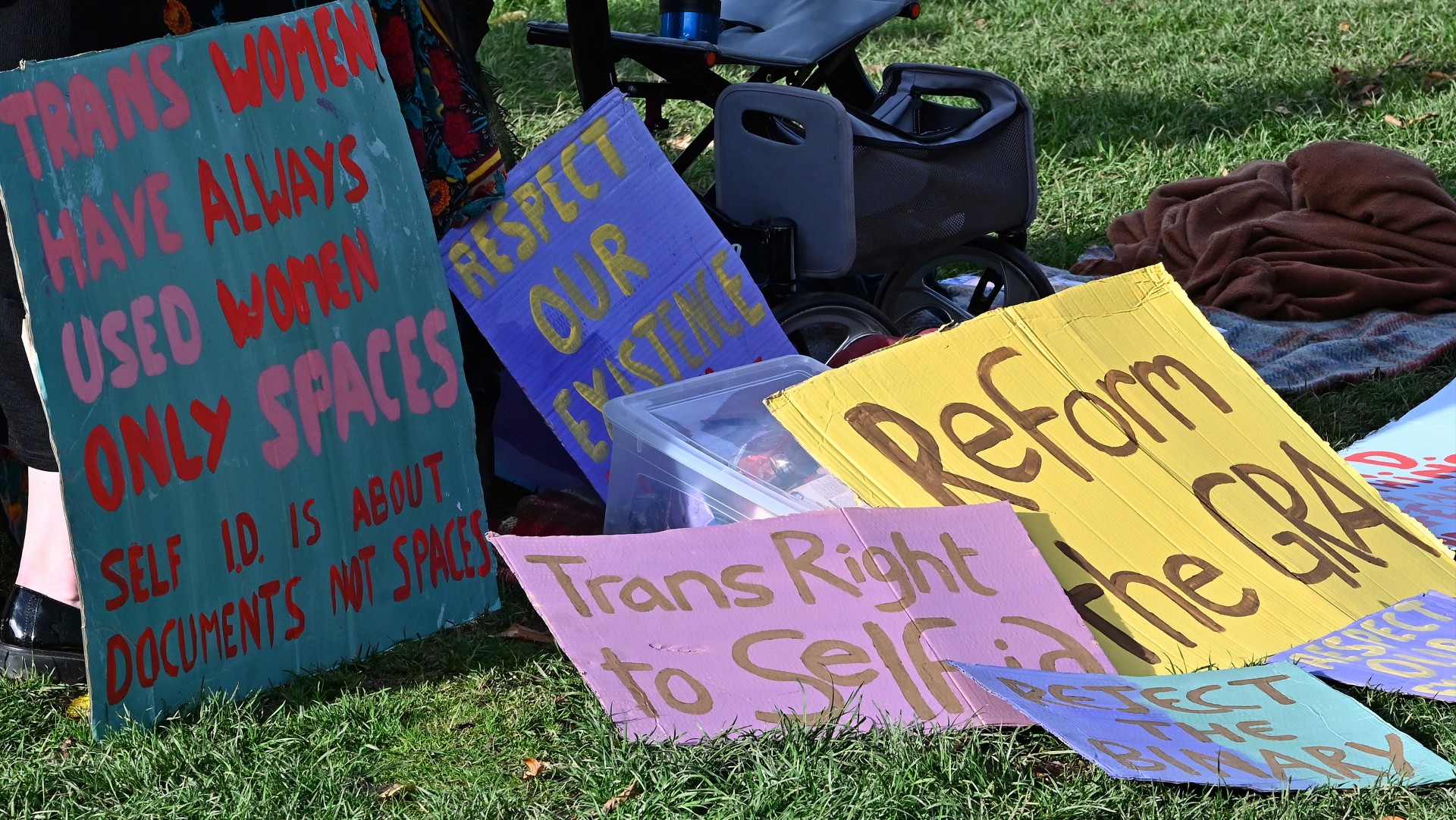
A free daily email with the biggest news stories of the day – and the best features from TheWeek.com
You are now subscribed
Your newsletter sign-up was successful
Rishi Sunak is set to provoke a “constitutional row” by blocking a new Scottish bill that makes it easier for people to change their gender, according to reports.
In December, the Scottish parliament at Holyrood passed the Gender Recognition Reform Act, which cuts the waiting time for legally changing gender, lowers the minimum age for applying to 16 and eliminates the need for a medical diagnosis of gender dysphoria.
But The Times reported that the prime minister has now received legal advice that the legislation, also known as the “self-ID” bill, “will have an adverse impact on UK-wide equality legislation, enabling ministers to block it”.
The Week
Escape your echo chamber. Get the facts behind the news, plus analysis from multiple perspectives.

Sign up for The Week's Free Newsletters
From our morning news briefing to a weekly Good News Newsletter, get the best of The Week delivered directly to your inbox.
From our morning news briefing to a weekly Good News Newsletter, get the best of The Week delivered directly to your inbox.
The paper said a final decision was expected within days on whether to prohibit Holyrood’s presiding officer from submitting the bill for royal assent – a move that would “be an unprecedented intervention in 25 years of devolution”, said Sky News.
What did the papers say?
Gender recognition is a devolved matter and the SNP-Green government in Scotland has insisted that the changes do not affect England and Wales. But UK ministers “fear it may lead to gender tourism”, The Times reported, and “allow biologically male Scottish inmates in English jails to demand to be put in women’s prisons”.
Concerns are also said to have been raised about people who change gender in Scotland having a different legal sex in England and Wales. Some opponents point out that “IT infrastructure used to administer benefits would have to be overhauled”, said the paper, and that “organisations offering single-sex spaces for women could be forced to adopt differing policies depending where they are in the UK”.
A senior government figure told the Financial Times that “there isn’t much disagreement that legally we have to act”.
A free daily email with the biggest news stories of the day – and the best features from TheWeek.com
In a foreword to a new report by the Policy Exchange think tank, the former advocate general for Scotland, Richard Keen, said: “It would not only be impractical but constitutionally improper for the UK government to permit a devolved legislature to enact a provision that had a material impact upon the operation of the law throughout the United Kingdom.”
Citing such concerns, Sunak last month insisted it would be “completely reasonable” for the UK government to consider blocking the gender reforms.
What next?
Section 35 of the Scotland Act allows ministers an effective veto on Scottish law, by preventing the presiding officer of the Scottish Parliament sending the bill to the King for royal assent. This has to happen within 28 days of the bill passing into law, which would give Sunak until Wednesday to act.
While technically legal, blocking the gender bill would be the “nuclear option”, said The Spectator’s new political editor Katy Balls. Invoking a Section 35 order for the first time ever “would lead to a clash both on devolution and the trans debate – with women’s rights campaigners warning that the proposed legislation could put women and girls’ safety at risk”.
With the SNP already accusing Westminster of “denying democracy” by vetoing a second referendum on Scottish independence, said HuffPost UK, “this would be the political equivalent of throwing a match into a box of fireworks”.
The Scottish government said any attempt to undermine the democratic will of the Scottish Parliament will be “vigorously contested”. A constitutional expert predicted that the row would end up in the Supreme Court.
“Using such a radical mechanism as a veto power does rather play into the SNP narrative that Westminster is denying democracy, which seems to me to be politically risky,” the unnamed expert told the news site. “As we approach the 25th anniversary of devolution, it is a big moment.”
The Financial Times reported that in a bid to “appease equalities campaigners”, Sunak intends to bring forward “long-delayed UK legislation to ban conversion therapy, including for transgender people”.
But in a further headache for the prime minister, LGBTQ+ campaigners have accused his government of instigating a “trans travel ban”, after Equalities Minister Kemi Badenoch last week announced plans to review the list of countries and territories whose process for changing gender on legal documents is recognised by the UK.
Campaign group Stonewall warned that the government was sending “a message” that trans people are viewed “as a threat to be contained, not citizens to be respected”.
-
 Trump’s fuel blockade puts Cuba in crisis mode
Trump’s fuel blockade puts Cuba in crisis modeIN THE SPOTLIGHT Plummeting tourism, scrambling airlines and rolling blackouts are pushing Cuban society to the brink
-
 ‘The mark’s significance is psychological, if that’
‘The mark’s significance is psychological, if that’Instant Opinion Opinion, comment and editorials of the day
-
 How did ‘wine moms’ become the face of anti-ICE protests?
How did ‘wine moms’ become the face of anti-ICE protests?Today’s Big Question Women lead the resistance to Trump’s deportations
-
 ‘Not proven’ no longer: Scotland abolishes ‘bastard verdict’
‘Not proven’ no longer: Scotland abolishes ‘bastard verdict’Talking Point Scottish parliament to remove ‘legal idiosyncrasy’ in major reforms to the jury system
-
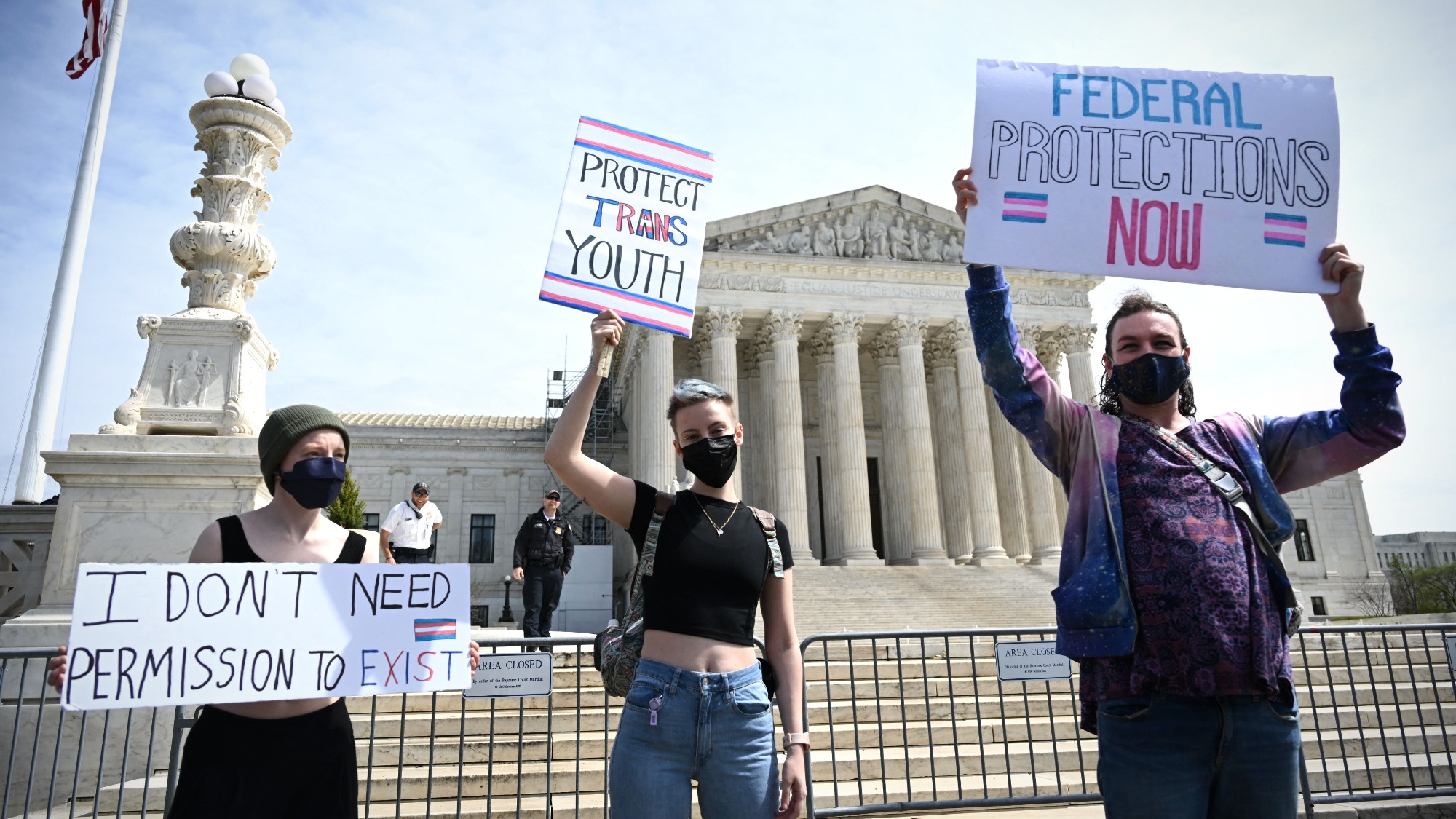 Supreme Court to weigh transgender care limits
Supreme Court to weigh transgender care limitsSpeed Read The case challenges a Tennessee law restricting care for trans minors
-
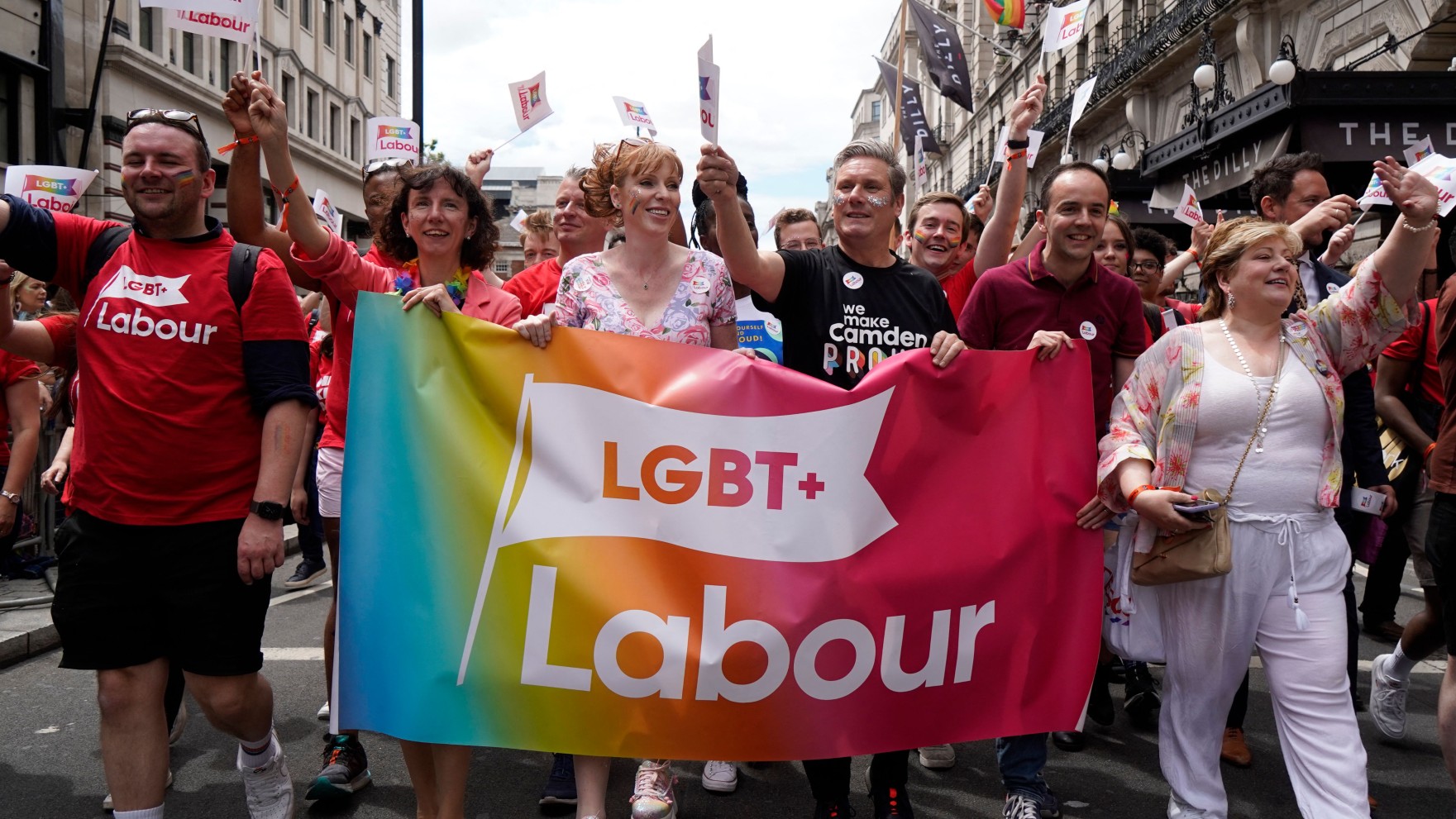 Where does Labour stand on trans rights?
Where does Labour stand on trans rights?The Explainer Party plans to 'modernise and simplify' process of changing gender and vows to scrap guidance on teaching gender ideology in schools
-
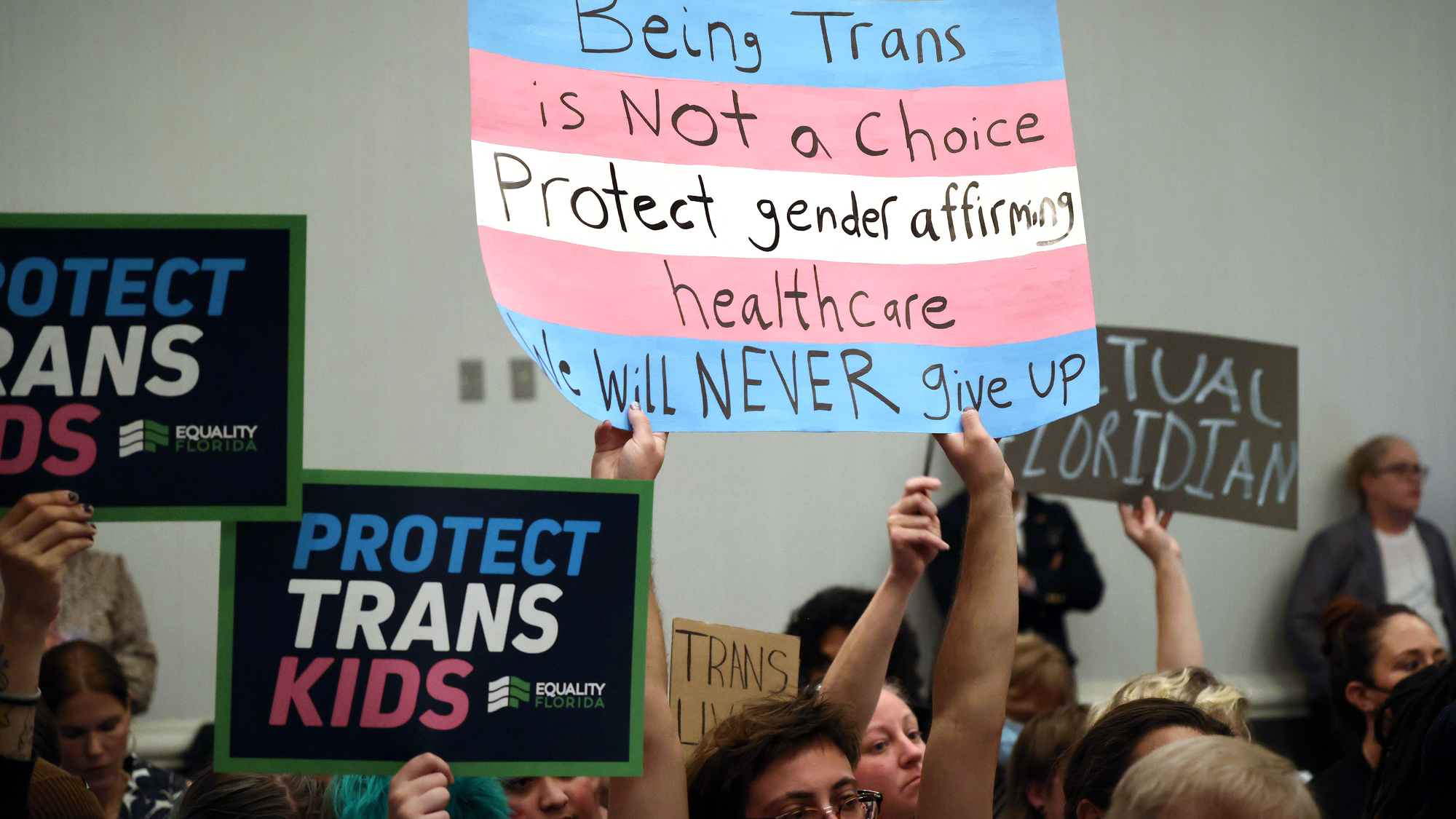 Judge strikes down Florida transgender care ban
Judge strikes down Florida transgender care banSpeed Read A law that bans transgender health care for minors and restricts treatment for adults is ruled "unconstitutional"
-
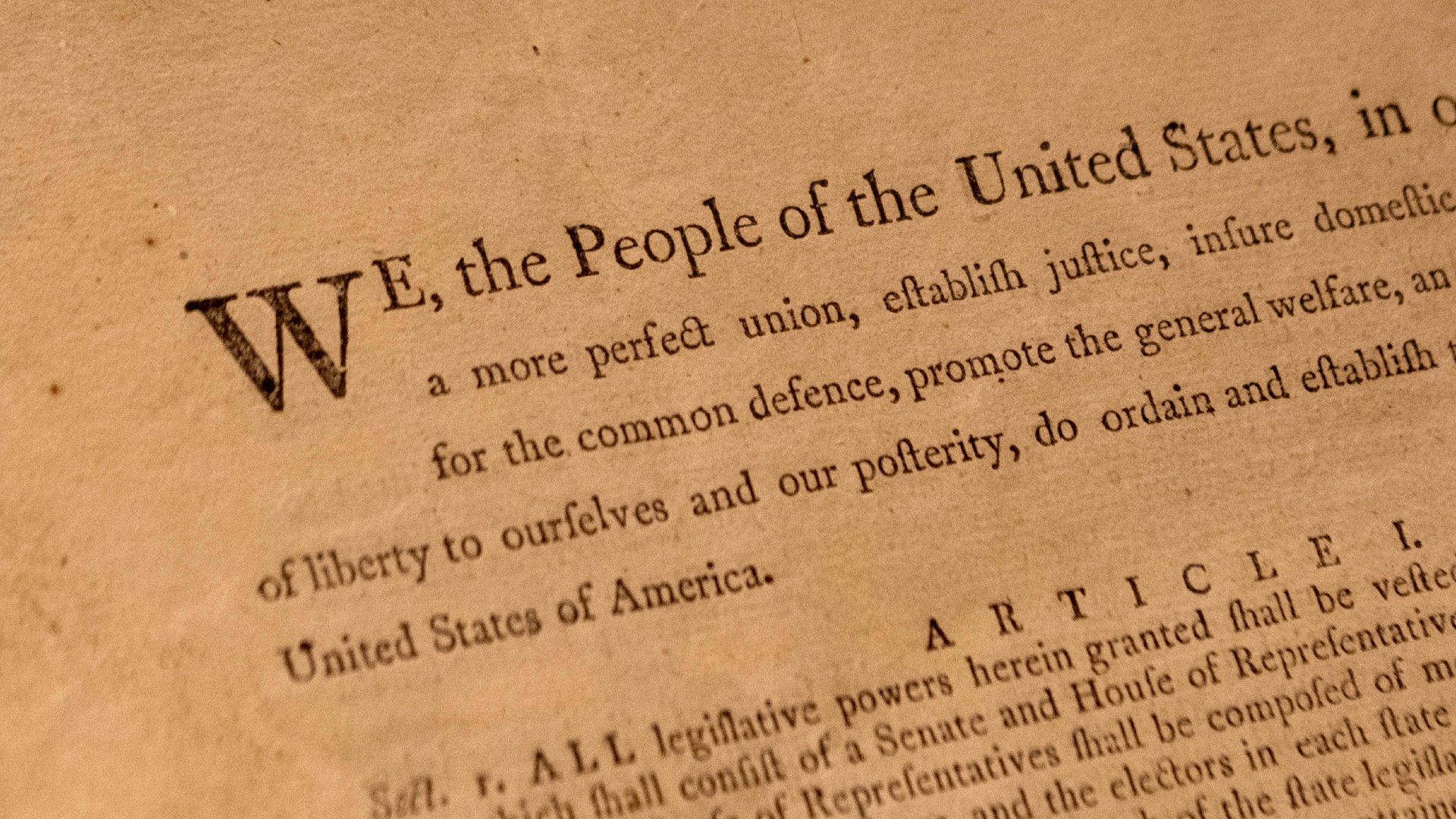 The pros and cons of a written constitution
The pros and cons of a written constitutionPros and Cons Clarity no substitute for flexibility, say defenders of Britain's unwritten rulebook
-
 Will South Africa's genocide case against Israel stop war in Gaza?
Will South Africa's genocide case against Israel stop war in Gaza?Today's Big Question The claim is 'tightly argued' but ICJ's rulings are often ignored
-
 Pros and cons of the Rwanda deportation policy
Pros and cons of the Rwanda deportation policyPros and Cons Supporters claim it acts as a deterrent but others say it is illegal and not value for money
-
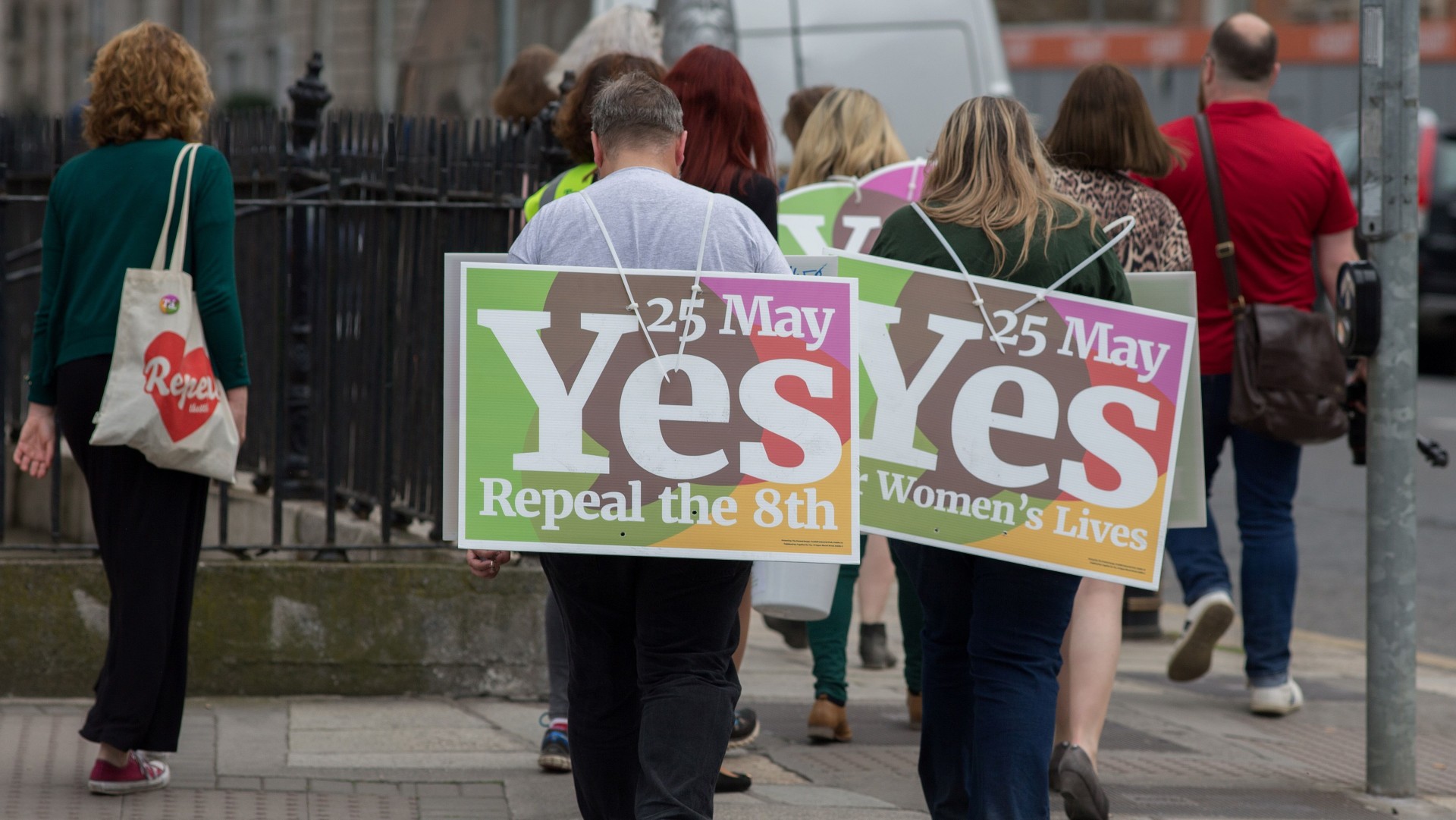 Repeal the Eighth: how have abortion services changed in Ireland five years on?
Repeal the Eighth: how have abortion services changed in Ireland five years on?Today's Big Question Report finds access is still limited and unequal, but proposed legislation changes may be delayed